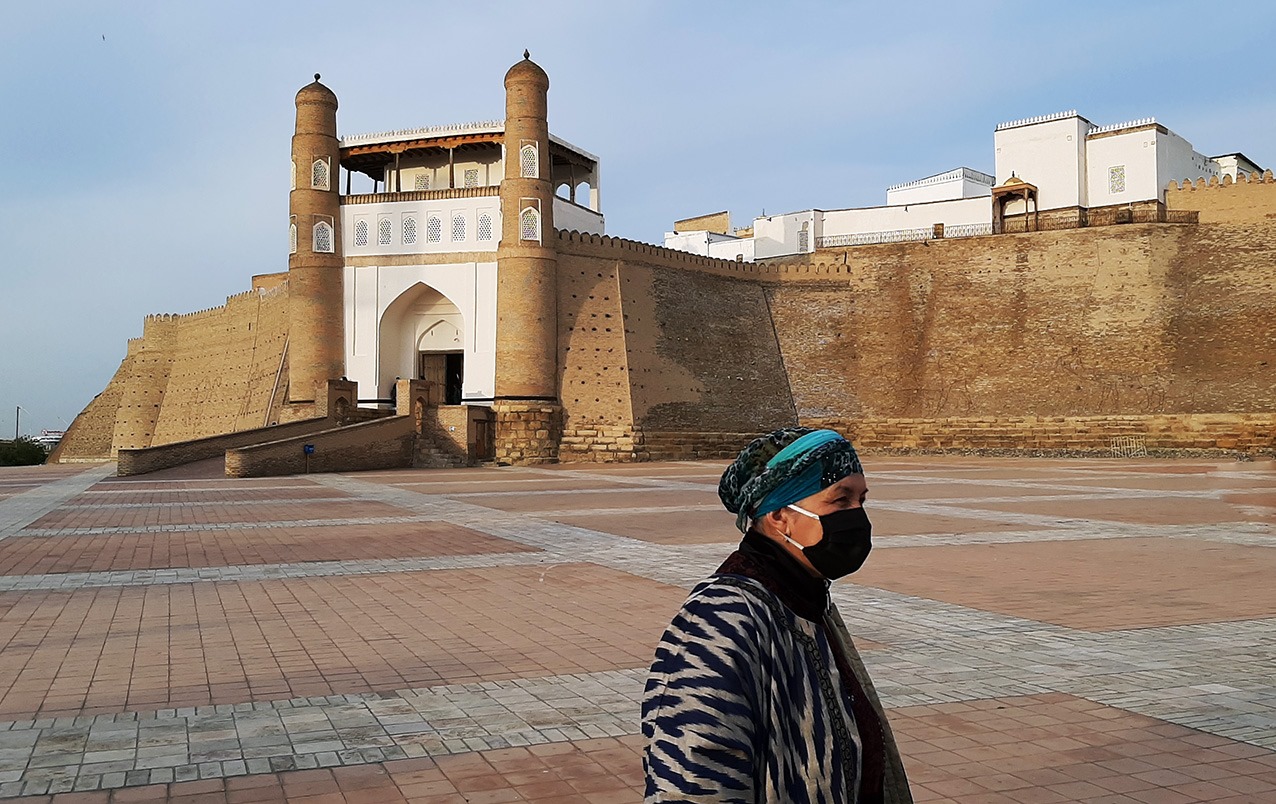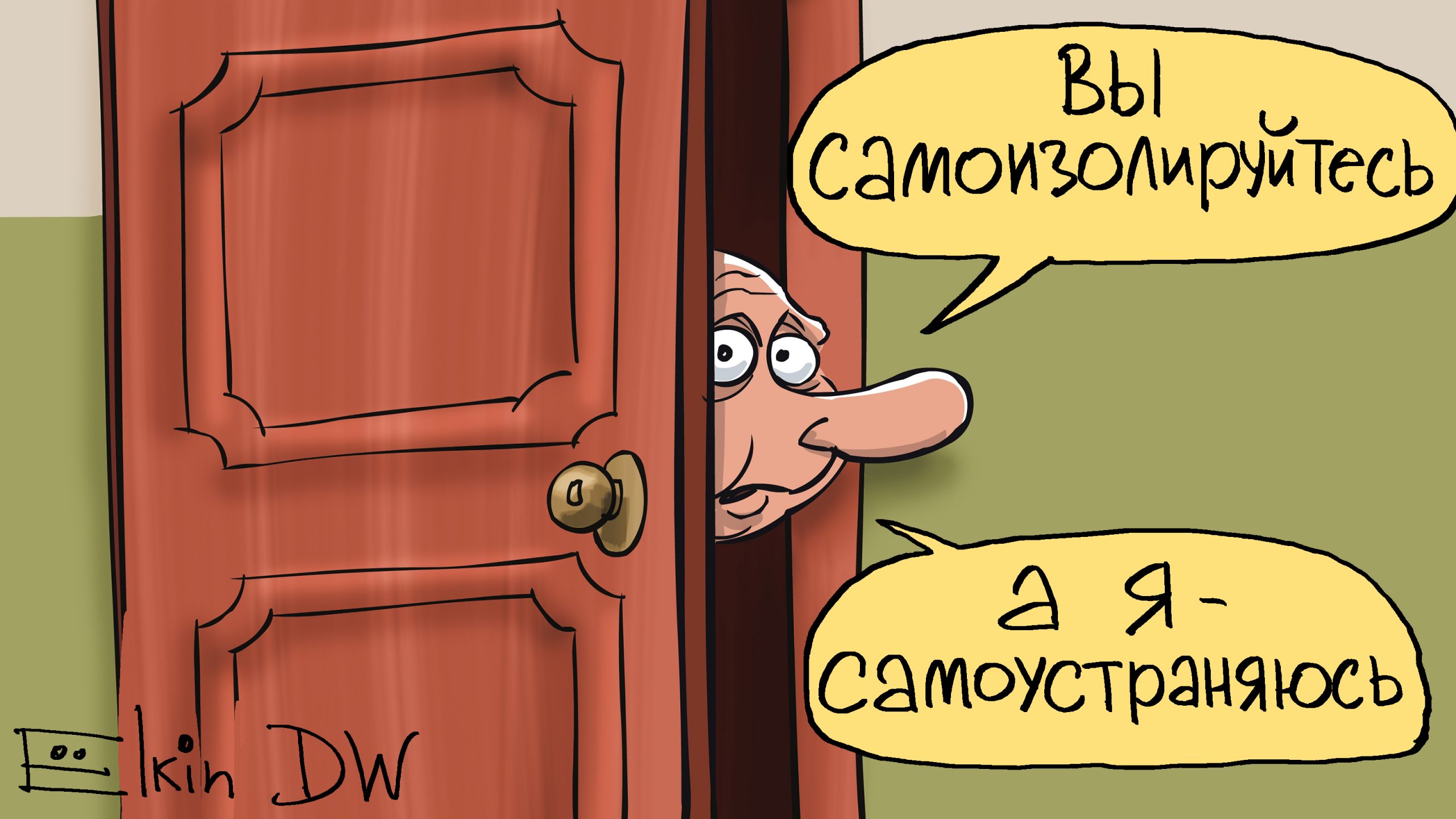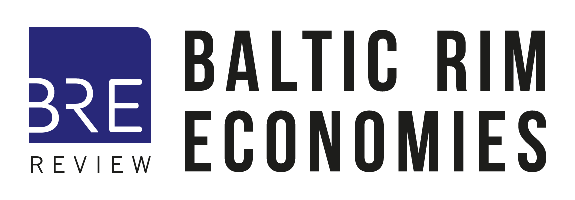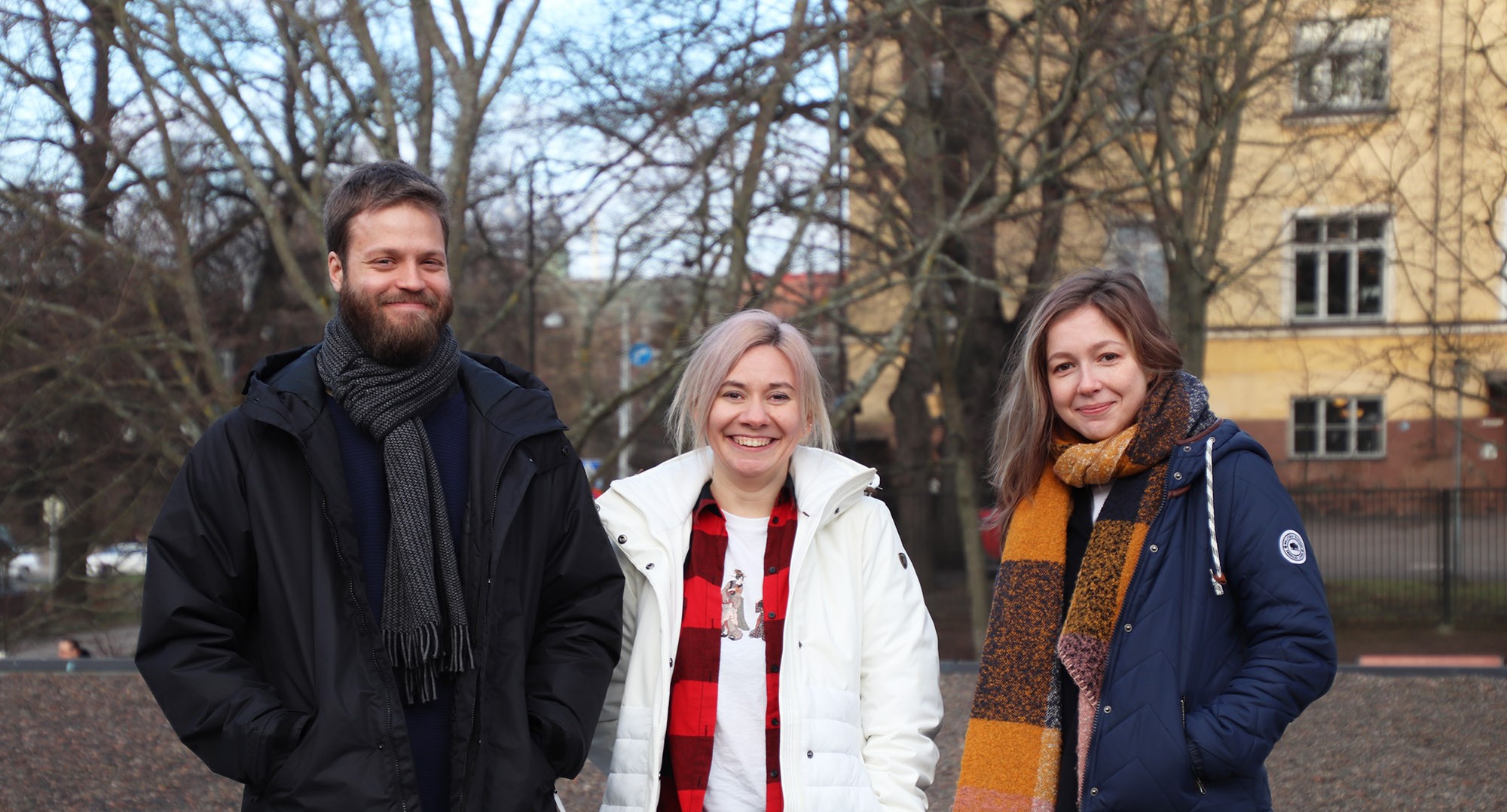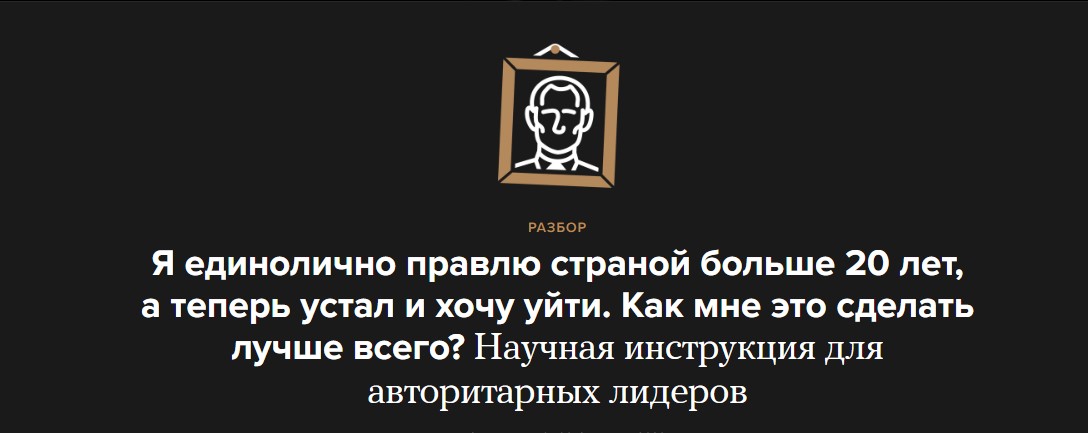PONARS Eurasia published a new policy memo “Explaining Bad Governance in Russia: Institutions and Incentives”, written by Professor Vladimir Gel’man and Margarita Zavadskaya.
What are the sources and mechanisms of governance in Russia? Is bad governance doomed to persist endlessly under authoritarian rule, or can the quality of governance be improved over time by certain policies? Recent discussions attempting to explain good and bad governance in various countries, regions, and policy areas have been quite extensive. How can we place present-day Russia onto this global governance map? And should we consider Russia as an outlier or, rather, as a laggard vis-à-vis many other developed states? We argue here that the Russian political regime provides insufficient incentives for good governance, and that attempts to improve the quality of governance without democratization will not ultimately prove fruitful.
Zavadskaya and Gel’man see one of the reasons for lack of sufficient incentives for good governance in the electoral nature of Russian authoritarianism, which, they say, is heavily dependent on political performance of the “power vertical”, rather than economic one:
The performance of regional and municipal authorities is judged by election results, not by socio-economic achievements. Furthermore, state enterprises and organizations perform functions of workplace electoral mobilization for the sake of the Kremlin and its sub-national agents. The mechanism of accountability within the “power vertical,” based upon prioritization of such political indicators as “degree of popular trust in the president” in a given region, is institutionalized. In other words, the delivery of votes can become a more important task for Russian local governments than the delivery of local public goods. Placing political loyalty above professional efficiency serves as the Achilles heel for a number of authoritarian regimes, and Russia is by no means an exception.
The authors discuss the solutions that Russian authorities offer to change this trend and get rid of bad governance. However, decentralization, deregulation, and digitalization cannot possibly solve the problem without initial democratization – an option that Russian top leaders seem not to consider:
The 4D solution, which goes beyond recipes of deregulation, digitalization, and decentralization and puts democratization as the number one item on the agenda of advancing good governance, remains beyond the current menu of Russia’s authoritarianism. This is why all other recipes for countering bad governance in the country may be considered at best partial and temporary solutions. Yet as the recent experience of Ukraine suggests, even the democratization of Russia’s political regime as such could not guarantee the diminishment of bad governance within the country. Nonetheless, without major political changes, there is no way to improve the quality of governance. Without these changes, Russia most likely will be doomed to muddling through numerous pathologies of bad governance while preserving certain “pockets of efficiency” in strategically-important priority sectors and policy fields, selectively picking up good apples fallen from the bad trees of ineffectiveness and un-rule of law. The question is to what extent these pathologies of bad governance could turn into chronic diseases, not curable under any treatment, and whether or not the “vicious circle” of bad governance in Russia may be broken in the foreseeable future.
Full version of the policy memo can be read online.

